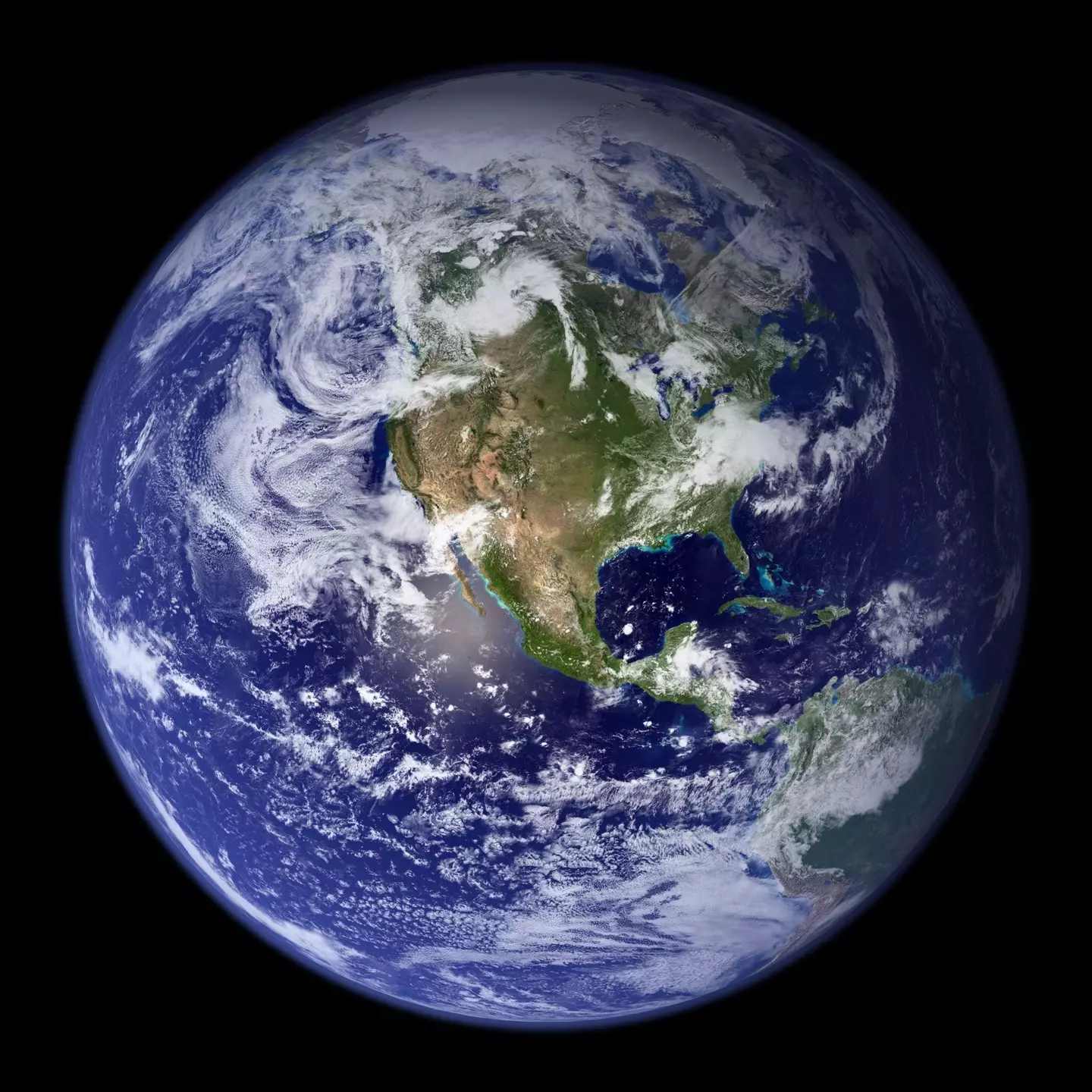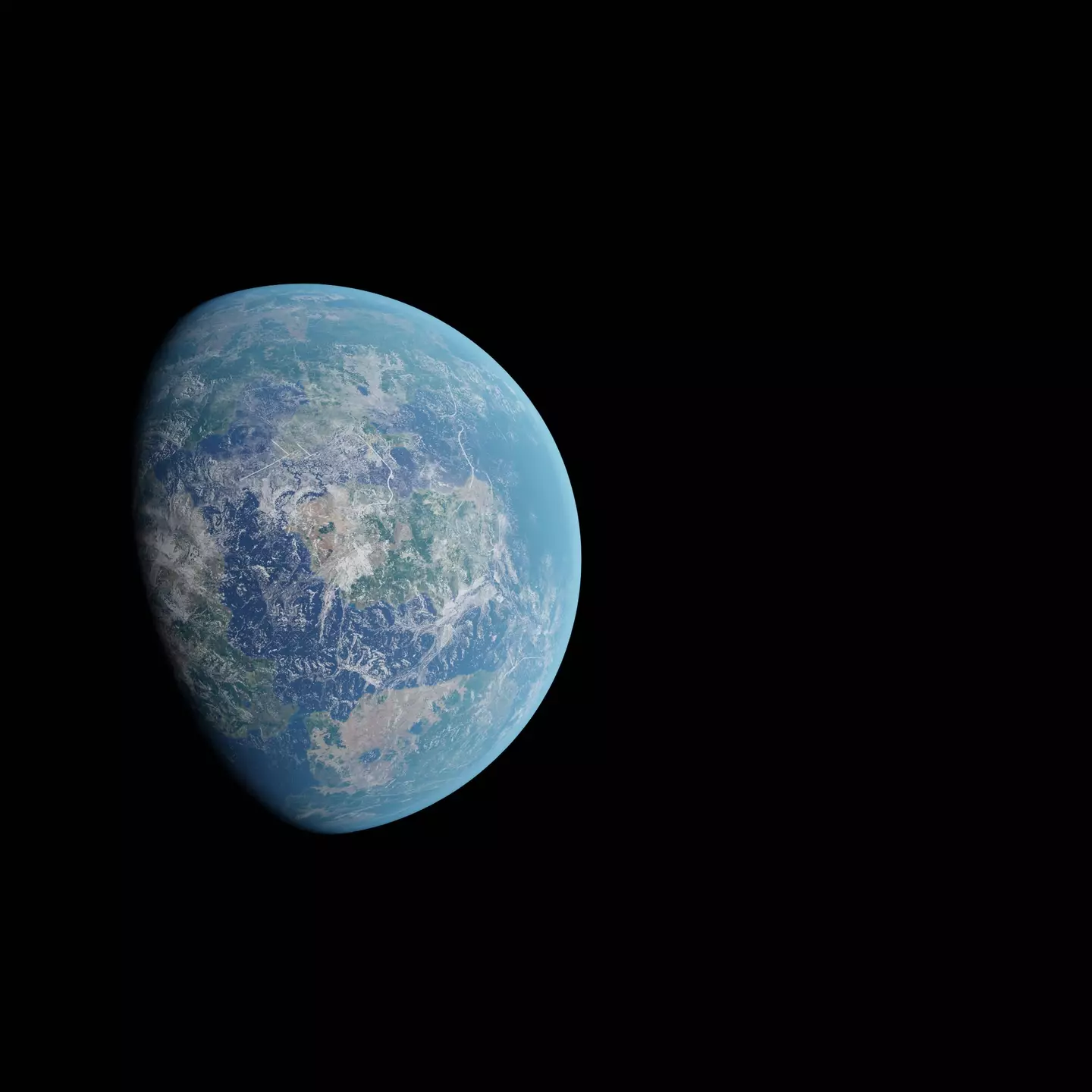
It's no longer just a saying that days are getting longer, as scientists have determined that the Earth has been spinning faster than ever in recent years, but they still aren’t sure why.
We know it takes 24 hours for the Earth to complete one full rotation, yet it's now clear that the length of a day isn't set and can actually fluctuate and change. Recent studies also show that a day is getting longer as we get into winter and that in summer the Earth can spin faster and that can create shorter days.

The fluctuation isn't something you would notice daily though, as research shows it's actually minimal and it can only be measured by atomic clocks, which measure the earth's rotation on a daily basis.
Advert
Sounding like something straight out of a sci-fi movie, these instruments work by using resonance frequencies of atoms to monitor time with extreme precision.
In recent years, researchers have been able to spot an unusual trend, which is that as the Earth has been speeding up, the days have gotten shorter.
For reference, the Earth typically spins at about 1,037 mph at the equator.
So what exactly is causing these fluctuations? Scientist Leonid Zotov thinks the recent downward trend of the length of day could be related to the ‘Chandler wobble’. The term actually refers to a small and irregular movement of the geographical poles across the surface of the globe.
Advert

Zotov told Time and Date: "The normal amplitude of the Chandler wobble is about three to four metres at Earth’s surface, but from 2017 to 2020 it disappeared."
If the Earth’s rotation continues to speed up in the short-term, it could lead to a negative leap second – a second that is suppressed from our clocks to keep them in sync.
Concerns have been expressed that this change could cause glitches in IT systems, although Zotov reassured: “I think there’s a 70 percent chance we’re at the minimum and we won’t need a negative leap second.”
Advert

Other theories put forward suggest the planet’s inner or outer layers, oceans, tides or even climate may have an impact on the Earth’s speed.
But as it stands, there is no definitive answer and scientists still can't pin down whether days will continue to change on a larger scale.
